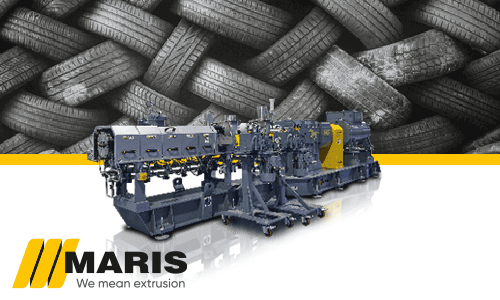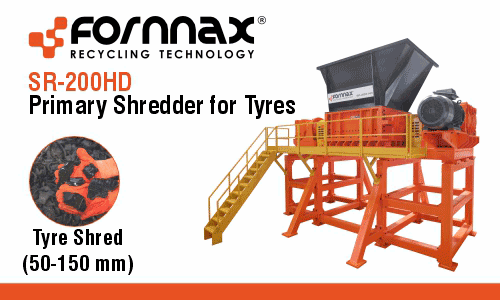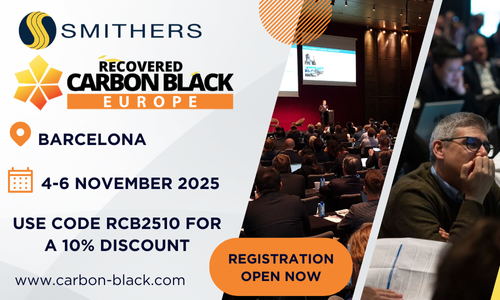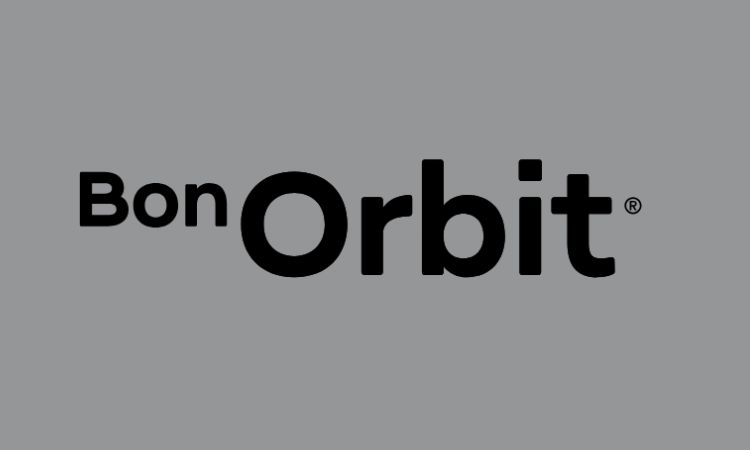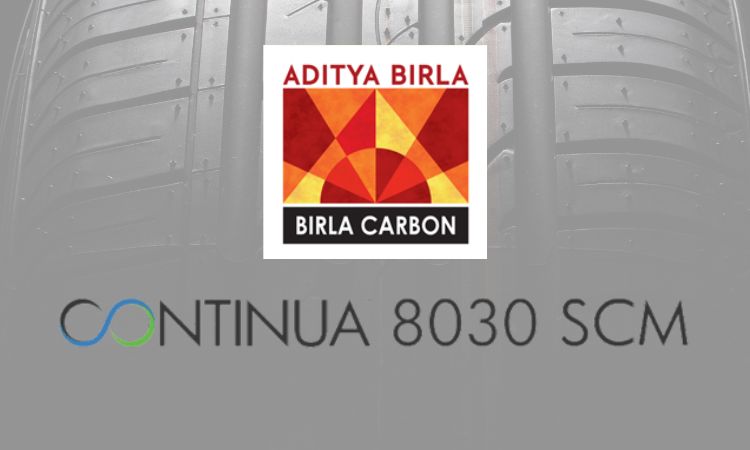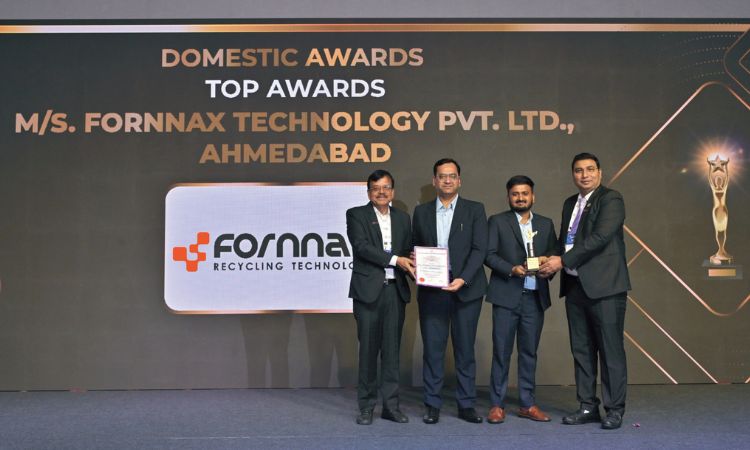SSAB Alabama and ADEM test crumb rubber as low-emission steelmaking alternative
Steelmaker SSAB Alabama, in collaboration with the Alabama Department of Environmental Management (ADEM), has successfully completed a trial using crumb rubber from recycled tires as a substitute for petroleum coke in electric arc furnace (EAF) steelmaking.
Funded by a $361,000 ADEM grant, the project aimed to assess whether crumb rubber could be a viable, low-emission alternative to traditional carbon sources. Liberty Tire Recycling supplied the rubber, and Gas Cleaning Technologies (GCT) monitored air emissions during the 51 trial heats at SSAB’s facility near Mobile, Alabama.
“Steel quality was not impacted in any negative way, and the furnace efficiency performed suitably,” SSAB engineers reported. GCT also concluded that “average emissions seemed environmentally acceptable,” with no major differences compared to baseline measurements.
“This partnership both solves a problem—what to do with scrap tires—and creates a marketable and productive use that benefits the environment,” said Stephen Cobb, head of ADEM’s Land Division.
The crumb rubber was injected into the furnace at substitution rates ranging from 5% to 30%, with slag samples taken during each trial to monitor metallurgical impacts. Observations noted favorable slag conditions and maintained refractory integrity, while also achieving a “creamy” slag viscosity, which indicated higher overall yield and reduced flux consumption.
SSAB currently uses about 7,000 tons of injected carbon and 25,000 tons of charge carbon annually. If adopted at scale, crumb rubber could replace a significant portion of this, potentially using up to 2,100 tons of recycled tire material each year. ADEM and SSAB both see the potential for this trial to support the development of a steady supply chain for crumb rubber and contribute to cleaner, more sustainable steelmaking in Alabama.
To learn more about the topic, proceed to the original article.
Weibold is an international consulting company specializing exclusively in end-of-life tire recycling and pyrolysis. Since 1999, we have helped companies grow and build profitable businesses.





